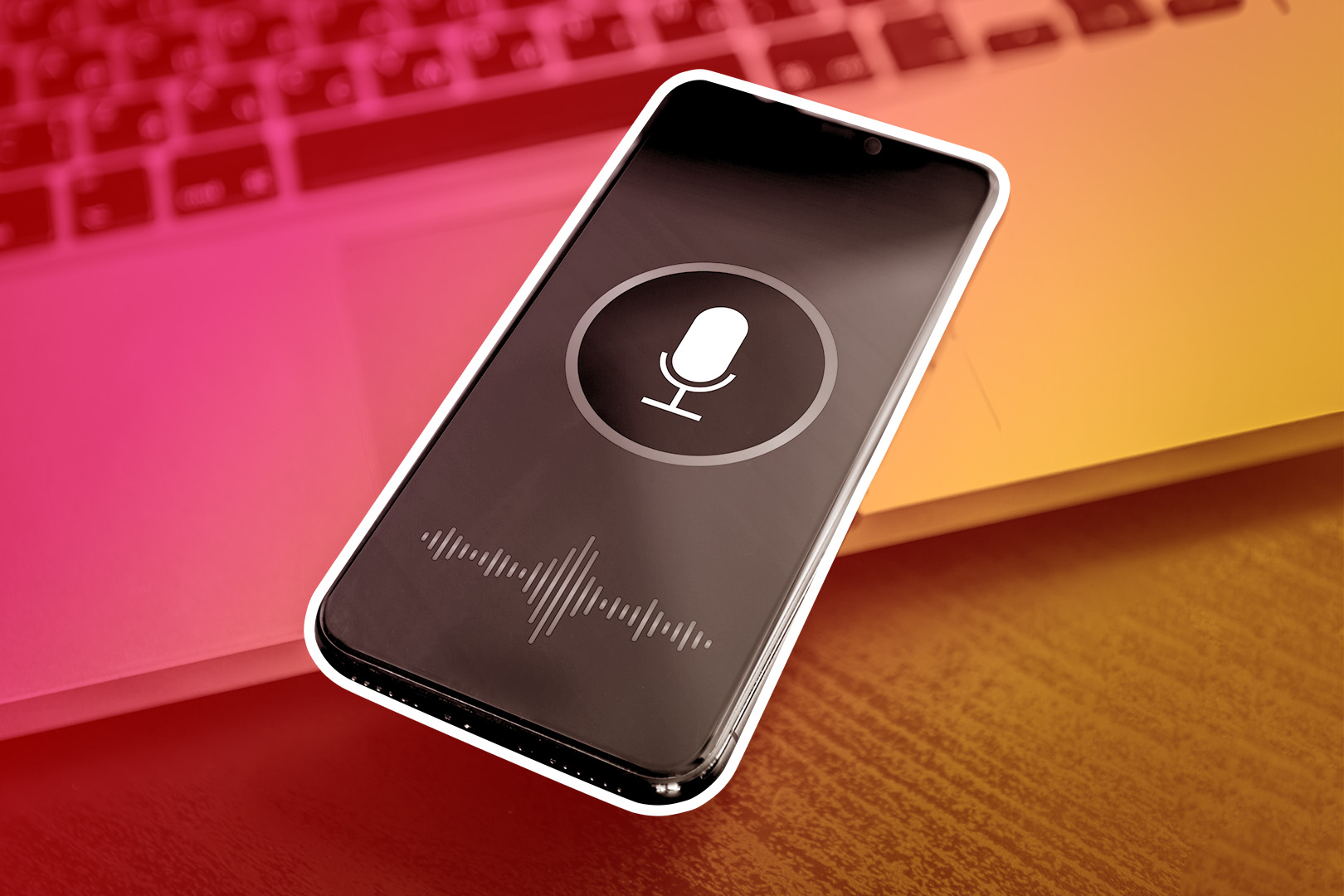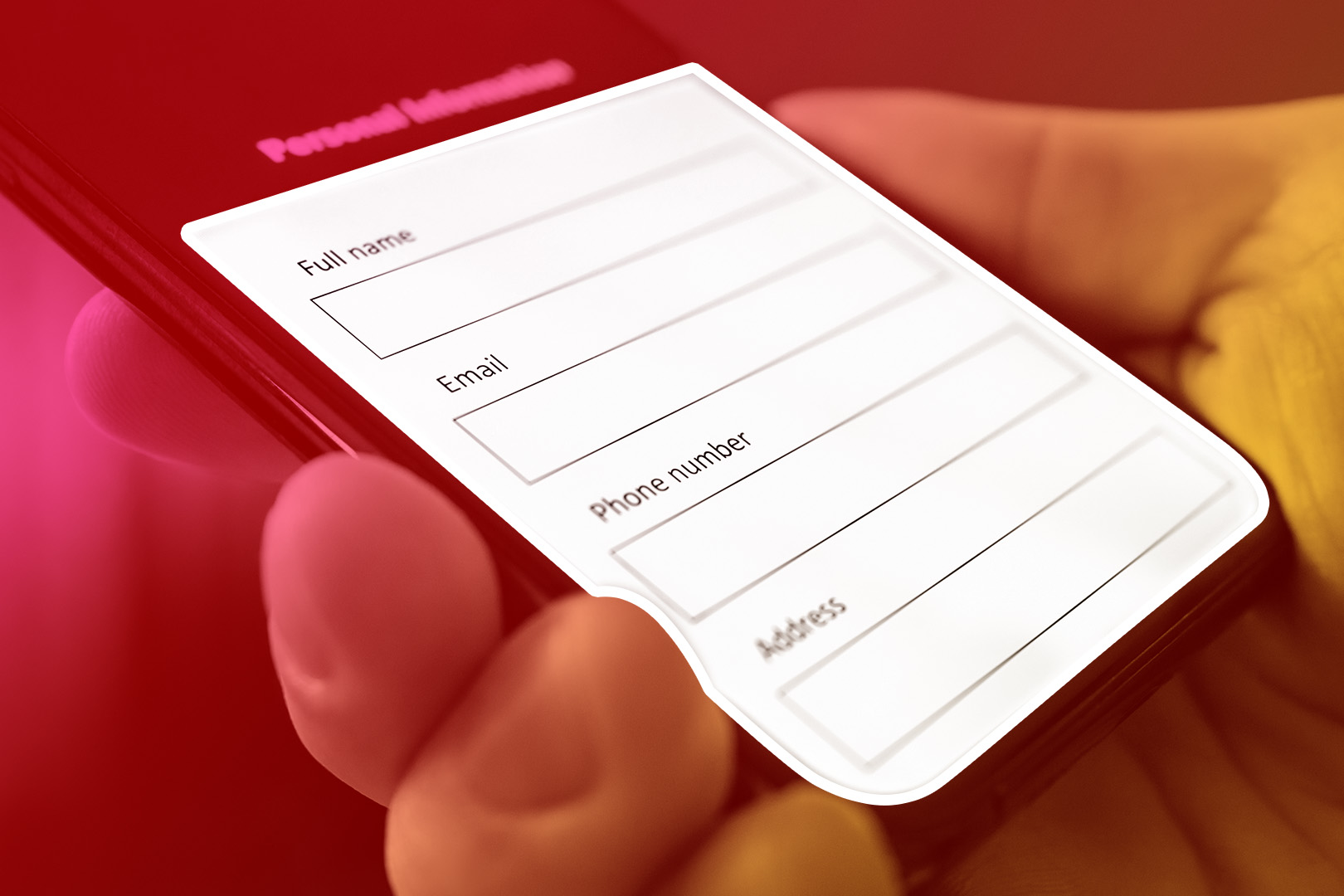Cold emailing is one of the most effective ways to generate leads, but it's also time-consuming AF. The right cold email templates will save you time, get more replies, and generate more leads.
Over the past 20+ years, I’ve sent thousands of cold emails and helped other teams and businesses do the same. These templates are my best of the best, crafted and approved by real salespeople. They’ve established high-value prospect relationships and landed big new deals, but more than anything, they start conversations.
There's just one small caveat to using these templates—you can't copy, paste, hit "send," and expect a flood of new business from potential customers. The best cold email templates are those that continue to evolve and work for you over time.
Now, let’s dig into 15 of our favorites. 👇
1. The Authentic Referral Cold Email
When to Use This Cold Email Template
If you have a big ask or a high-ticket product to sell, this is a great email to use. A prime example of using this template is when you aren’t sure who your best point of contact would be.
2. Asking for an Introduction Email Template
When to Use This Cold Email Template
This is a quick email to ask for an introduction. The best time to use this cold email template is when you can’t find the perfect point of contact, and you’re pretty sure this person isn’t it.
3. Authority-Building Referral Email
When to Use This Cold Email Template
Use this template when building trust is the primary objective. For example, are you trying to sell a premium-priced product or land an enterprise customer with a long sales cycle? Then try this template.
4. Recent Event Cold Outreach Email
When to Use This Cold Email Template
If your lead research uncovers an interesting, relevant event or promotion, use this template. The only caveat here is to be genuine about it.
5. The Quick Question Cold Email Template
When to Use This Cold Email Template
This is a great template to help you get a quick response from time-strapped decision-makers. Also, if you’re getting lower-than-average response rates, you can use this email to make sure you’re getting in touch with the right person.
6. PAS Competitor Mention Template
When to Use This Cold Email Template
The PAS framework—problem, agitate, solution—works best with leads in the consideration stage. Why? Learning how their competitors benefited from your solution helps "push" them through your sales funnel.
7. Short and Sweet Sales Pitch Email
When to Use This Cold Email Template
Use this template for just about any pitch, to any prospect. It’s versatile—and designed to pack a punch.
It’s just an overall solid B2B cold email template.
8. The AIDA Cold Email Template
When to Use This Cold Email Template
This AIDA framework template—feat., awareness, interest, desire, and action—is best for leads that strongly match your ideal customer profile. This way, you know their desires and can become hyper-relevant.
9. Manager FWD Cold Email Template
When to Use This Cold Email Template
This template should be used sparingly and only with an intimate understanding of your ideal customer and this specific prospect. It includes the FWD message from your CEO asking you to reach out so you don’t want to come across as "gimmicky."
Here’s how Brex used this email on a Close team member (in real life):

10. No-Ask Outreach Email
When to Use This Cold Email Template
Use this template when you have a big "ask," but haven’t established a relationship with the prospect yet. It provides value—without asking for more than a response.
11. "My CEO is Excited" Cold Call Email Template
When to Use This Cold Email Template
Like the FWD template, use this one sparingly—and primarily with SaaS folks.
12. "Can I Send You Ideas?" Cold Email
When to Use This Cold Email Template
This email works particularly well for service-based companies with deep industry expertise, but it can be adapted to most scenarios.
13. The "Making Connections" Cold Email Template
When to Use This Cold Email Template
Use this template with new leads and prospects. The goal is to make connections and build relationships, not hard sell straight out of the gate.
14. Find Pain Points After an Announcement or Award
When to Use This Cold Email Template
When a lead’s company recently won an award, closed a new round of funding, or gained major news coverage, this template lets you connect and share how you can help them achieve the next meaningful goal.
15. The Low Pressure, Data-Backed Cold Email Template
When to Use This Cold Email Template
Use this template when you have insightful data or metrics you can leverage in the hook. It’ll pique interest and push them toward a response.
4 Components of the Best Cold Email Template
The response-generating template of your dreams is only as good as its parts. What components make up the best cold emails, you ask?
An Eye-Grabbing Subject Line
People open emails—or don’t—because of the subject line. The subject line is your email’s first impression, so make it snappy—especially if you’re going in cold.
The highest-performing cold email subject lines have some traits in common:
- Hyper-relevant: Focus on the prospect and their problems, not you or your company.
- Short and to the point: Don’t clickbait, and don’t ramble. Short subject lines look better on mobile devices.
- Personalization: Can you mention a mutual contact or the competitor they currently use? Reach beyond name and company name.
- Intriguing hook: You want them to keep reading, so does this line pique your interest?
- Authentic urgency: Time-sensitive lines that elicit FOMO (limited seats, limited time, etc.) only work when the email body delivers a real reason for it.
Immediate Value
This might be your only shot to reach this lead. So, push value front-and-center.
This requires 1. Knowing their pain points, and 2. Pitching your value.
To know their pain points, you need to know them—what ICP they fit into—and how your solution benefits them specifically.
As for pitching value, maybe you’ll want to hit them with your value proposition right away. That’s the “our solution helps companies like [X] solve [Y] pain point and [another benefit]” approach.
Or, what other value can you offer? Maybe some content resources, or a free consultation? The value must be tied to the pain point—and it must be present in this email.
That’s the important part. ✍️
One Clear, Easy Call-to-Action (CTA)
Your email has an ‘ask,’ and you want a response. Otherwise, why waste your time? One—and we do mean one—clear and easy-to-follow call to action will prompt that response.
By the end of the email, your lead should know exactly what you want from them.
Follow a link? Book a meeting? Sign up for your free trial?
Whatever the call—make it easy for them to act.
Don’t include five links. Don’t ask them to reply with a meeting date + time, and then play email tag (that’s what Calendly is for). Don’t lead them on.
Make it clear. Make it singular. And run it by a colleague before you send it out.
A Follow-Up Plan
The average office worker receives 121 emails per day. So, there’s a good chance your email gets lost. That’s why you have a follow-up plan.
Follow this follow-up formula:
- Day 1: Send the first cold email
- Day 2: Send a follow-up email, at a different time of day
- Day 4: Send another follow-up email
- Day 8: Send the final follow-up email, and maybe even break up
Sounds time-consuming, right? Workflows in Close allow you to create an effective cadence to automate this follow-up plan (or any other one you choose!). When a lead replies, seamlessly slide in to continue the conversation and close the deal.

Or, set follow-up reminders to get personalized with a low-volume approach.
How to Write Better Cold Emails: 7 Best Practices
The average cold email response rate hovers around 8.5 percent. Let’s make you the exception—in a really good way. ✌️
Check out these seven best practices for better cold emails—and more responses.
1. Know Your Buyer Persona and Where They are in the Sales Funnel
Your buyer persona (or ICP) provides context on your customers' needs, goals, and challenges, helping you craft super-relevant cold emails.
Something else to know? Where they are in your sales funnel. If they are in the awareness stage—versus the consideration stage—your messaging will be different. (At least, if you want to resonate.)
Here’s how to execute this:
- Build that buyer persona: Outline pain points, discover preferred communication channels, and include essential information about who your lead is. Share it with your team, then, use that persona to enhance your cold emails.
- Track leads in the sales funnel: The right CRM will offer real-time insights on your sales funnel—and the position of leads within. Close even includes automation tools to send specific email outreach, based on triggers inside the funnel.
Once you’ve built solid buyer personas and sales funnels, use them. Especially here.
2. Set Up Automation to Personalize at Scale
Personalized outreach returns better engagement and response metrics. But you’ll need automation to do it at scale.
You can automate different ‘personalization’ strategies. For one, lead enrichment: automate lead enrichment via tools and integrations that capture the data, deliver it to your CRM, and set you up for personalization—automatically.
But, really, how do you drive automation to personalization?
- Exploit dynamic fields and tags: Dynamic fields and tags let you add lead data (e.g., name, company name, etc.) to your email templates automatically.
- Segment by customer persona: Define your customer segments so you can create ‘personalized’ template batches that target similar pain points or value props and then further automate the templates with dynamic fields.
- Automate ‘personalized’ video outreach: The right tools (like Sendspark) can sync with your email automation platform and autofill variable fields in your video outreach, too.
Personalize cold outreach via automation to create effective emails—without spending (read: wasting) tons of time on ‘manual’ personalization.
3. Do Your Research in Batches
Automation makes it easy(er). But don’t get carried away sending personalized emails to and fro. Personalization works best when it’s backed by research.
Batch time to research prospects—and make sure they’re highly qualified—before adding them to your cold email outreach list.
Here’s how to do that:
- Practice ‘time blocking’: Time blocking involves dividing your sales day by activities—and focusing only on that activity during that time block. Lead research? One of those blocks.
- Develop your qualification process: Initial lead research—and qualification—is central to effective, relevant cold outreach. Get your qualification process in place to make the most of those time chunks.
Research, ✅. Now, how do I use it?
4. Use Multiple Outreach Channels for Better Success
Your outreach strategy includes more than just cold emails, right?
… Right?
Multi-channel sales outreach broadens your reach and boosts response rates by 37 percent over single-channel campaigns (according to this study).
It should work off—and with—your cold email campaigns.
So, how?
- Create Workflows in Close: Workflows allow you to create multi-channel, multi-step processes that reps follow for the best multi-faceted outreach possible. Call, email, SMS—and more—it’s all in the Workflow!
- Identify relevant social media: Call, email, and SMS cover your ‘typical’ sales outreach, but social media offers many opportunities to engage with leads, too! Craft posts, engage with targets, and send DMs—if that works for your brand. (Hello, LinkedIn! 👋)
- Hone your cold calling skills: Heard of cold calling? Cold calling is more personal—even than a personalized cold email. And depending on your industry, lead expectations, and staffing situation—it might be the better option.
Multi-channel outreach is important. However, what matters most is using your potential customers' preferred outreach channel. So, get to know them—and what they like.
5. Use an Email Warmup Tool to Avoid Landing in Spam
The email warmup process builds the reputation of your email domain as you gradually increase sending volume—and engage for ‘positive responses’ from real inboxes.
That way, your cold emails will reach the inbox, not the spam, promotion, or update folders.
Your secret weapon? An awesome email warmup tool. Here’s how to prep:
- Keep your data clean: Messy data will provoke ‘bouncing’ emails, which damage domain health.
- Choose the right tool: The right email warmup tool for your budget and goals will improve your ‘email credit score’ in a jiffy.
- Use Close: Close automatically ramps the number of emails you send when doing campaigns. Win!
Now that your (potential) customers are ‘primed’ for your message, make sure it’s a good one. In fact, run some tests first.
6. A/B Test Your Cold Email Flows
The classic A/B test can guide cold emails to the most effective, most response-worthy version of themselves.
There are several things to test and ways to do this:
- Check your sample size: To get statistically significant data (the stuff you need), you’ll need a large enough group of qualified leads to split test. When you have that …
- Test time and day: Split test your emails to go out at different hours—and different workdays (or weekends)—to see how they perform.
- Appraise different email elements: Subject lines, CTAs, visual images, body content—all that can (and should) go through A/B testing.
- Review analytics: The Sent Email Report in Close makes A/B testing of subject lines and email content easy—and helps you understand the overall impact of your email efforts. Popular email marketing platforms (like Mailchimp) do this, too.
Use your A/B test results to optimize your cold email flows. And then, keep testing.
7. Measure the Success of Your Cold Email Campaigns
You are pouring hours, energy, and resources into this cold email campaign.
It’d better work—well.
You’ll need to track the results—and compare them to benchmarks—if you want to succeed and continue in that success.
So, finally, how to measure the success of your cold email campaigns:
- Know your benchmarks: ‘Average’ open rates (44 percent), reply rates (8.5 percent), etc., are fine to start. But discover your baseline numbers—and what you’re aiming for. (Also, try to find the benchmarks for your industry and the role of your lead [eg. CEO vs. low-level manager], which will provide more realistic targets.)
- Close + Workflow Reporting: Okay, it doesn’t have to be Close, but our CRM offers built-in email reporting to gauge your campaigns—from bounce to response rates, (& anything else you’ll need). And beyond that cold email, you can even break down response rates for each Workflow step!
- Consider the big picture: What does that high email conversion rate actually mean? It means your targeting is on-point, and you’re reaching the right people effectively. This isn’t just about “good numbers.”
Keep iterating. Keep learning. Put your data to work—and go, grow, go!
Final Thoughts: When to Use a Cold Email Template
The temptation? Convert to templates heart, mind, & soul. Never write an original email again.
That’s a bad call. Templates have their place—and are incredibly effective at saving you time—but they have their place.
Here’s when to use a cold email template:
- When you’re sending the same message often. Templates allow you to copy & paste the wheel—instead of reinventing it every time you want to send the same message.
- When responding to standard inquiries. Standard inquiries typically have a standard response. Perfect opportunity for a template.
- When you can personalize by category or persona. Again, templates can (and should) be personalized. But for that to work at scale, your leads must match your ideal customer personas.
Your scenario not on the list? Don’t use a template.
But if it is, it’s time to test out using templates.
And make sure you try out Close, too. Our all-in-one CRM streamlines your multi-channel outreach with Workflows—and elevates the entire sales experience. Watch our on-demand demo to learn how it works.












